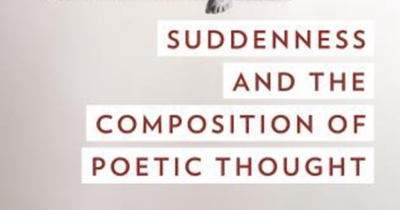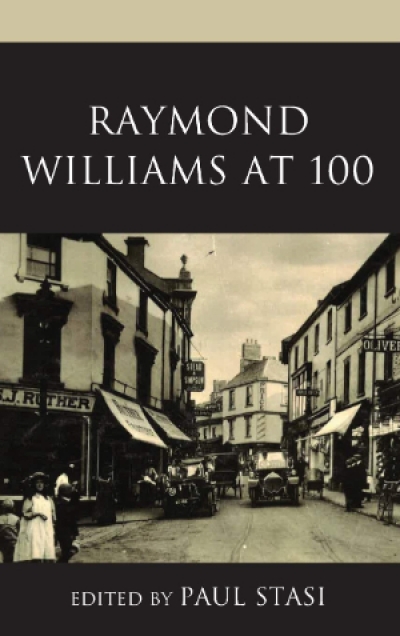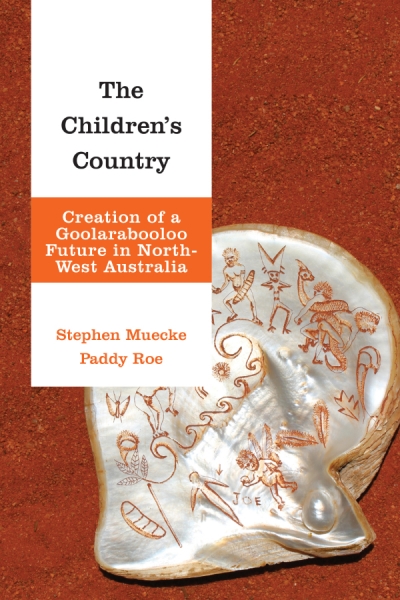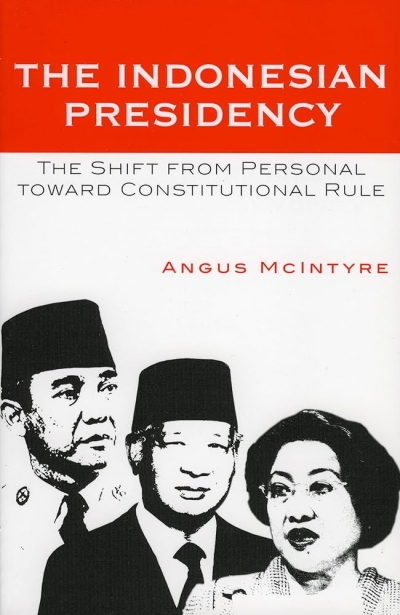The 2021 centenary of Raymond Williams’s birth was a moment of acknowledgment but also involved some assessment and testing of his ongoing relevance. Williams seemed to live many lives: son of a railway worker in rural Wales, Communist Party member, wartime tank commander, tutor in the Workers’ Educational Association, novelist, author of key texts within cultural and media studies, professor of drama at Cambridge University, founding figure of the British New Left, television reviewer and commentator, socialist activist and Welsh nationalist, cultural and Marxist theorist.
...
(read more)




